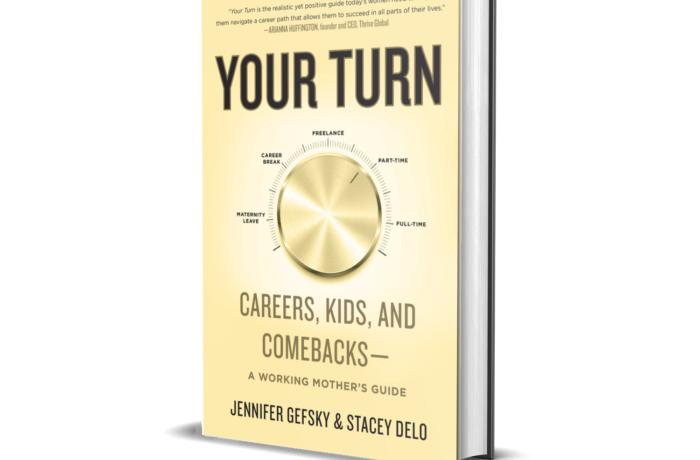Wanted to share two important, must-reads for working moms, both published in the New York Times and written  by Stephanie Coontz, co-chair of the Council on Contemporary Families. Her work highlights a lot of new data, to include the recent Pew study that shows women are the sole or primary breadwinner in 40% of American households with children under the age of 18.
by Stephanie Coontz, co-chair of the Council on Contemporary Families. Her work highlights a lot of new data, to include the recent Pew study that shows women are the sole or primary breadwinner in 40% of American households with children under the age of 18.
Her second piece focuses on how motherhood is a key factor in women making less money than men, and cites research showing a bias against hiring women with children. The news is awful, fascinating, sad, and frankly, reflects really bad business decision making on so many levels.
We’re curious if you’ve come up against a “mom penalty” in your career, and would love to hear from you. We’re glad to report that there are employers who do value hiring working mothers – we know this because they are posting jobs with us – and together we can work toward a world where women don’t suffer any kinds of pay penalties. The more we can spotlight and highlight working moms, the more we can make a difference.
NYT: The Triumph of the Working Mother
Key takeaways from the article:
“And the benefits of employment mount over a lifetime. A recent multiyear study by the sociologists Adrianne Frech and Sarah Damaske found that women who worked full time following the birth of their first child had better mental and physical health at age 40 than women who had not worked for pay.”
“After 50 years, shouldn’t we stop debating whether we want mothers to work and start implementing the social policies and working conditions that will allow families to take full advantage of the benefits of women’s employment and to minimize its stresses?”
NYT: Progress At Work, But Mothers Still Pay a Price
Key takeaways:
“Motherhood, writes the sociologist Joya Misra, is now a greater predictor of wage inequality than gender in the United States. According to her research, conducted with Michelle Budig at the University of Massachusetts, Amherst, motherhood imposes about twice the earning penalty in the United States compared with what women face in countries that have expansive publicly financed child care systems.
But the motherhood penalty is not just related to the tendency of mothers to cut back their work hours because of lack of child care or other family support systems that allow them to continue working full time. The sociologist Shelley Correll at Stanford University points out that mothers earn 5 percent less per hour, per child, than comparable workers who are childless women. They are also less likely to be hired if they leave or try to change jobs.”





